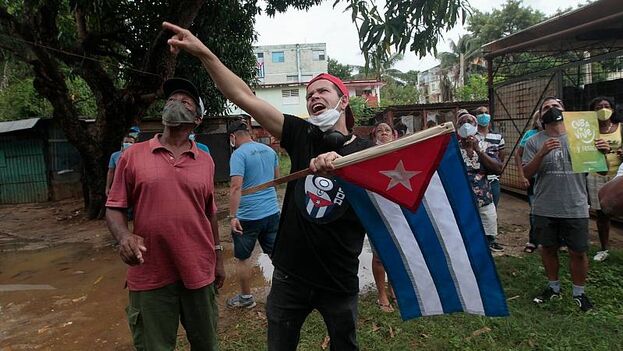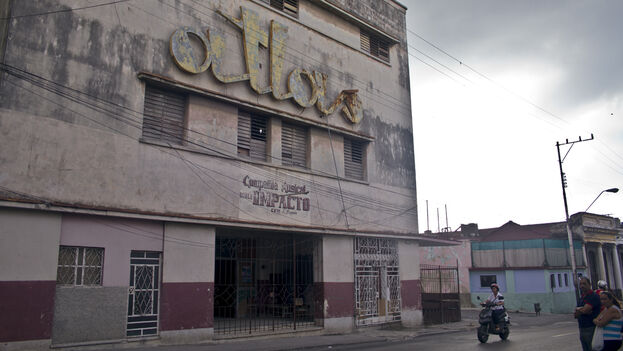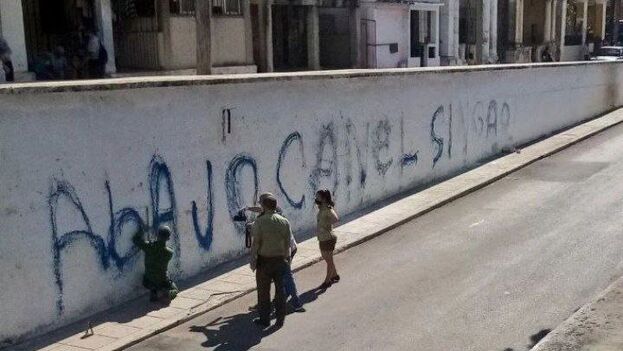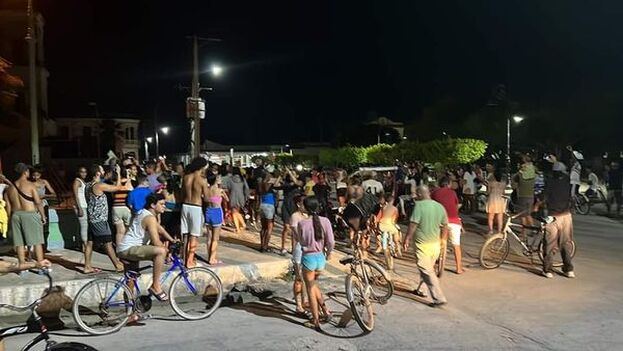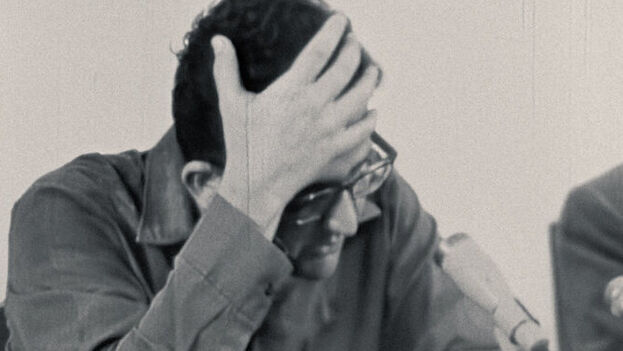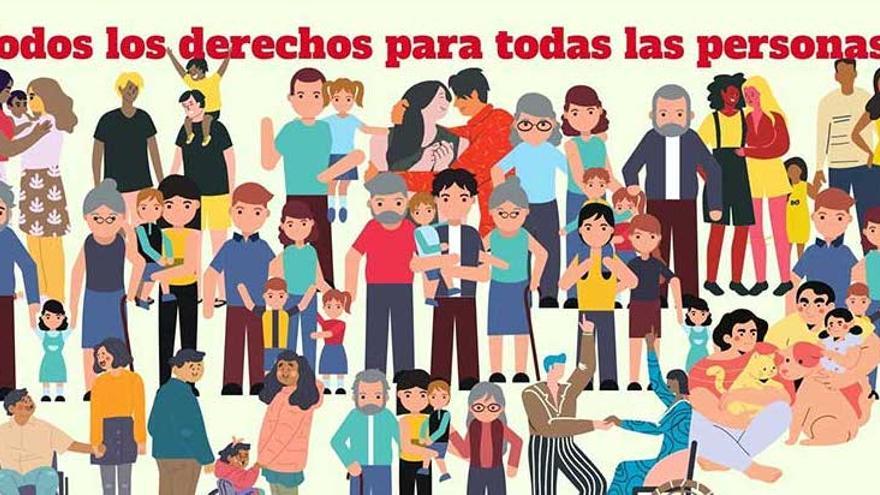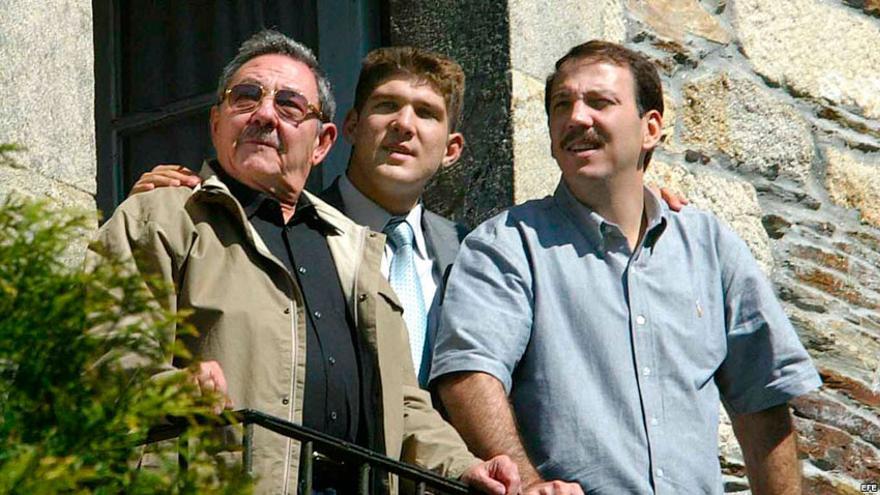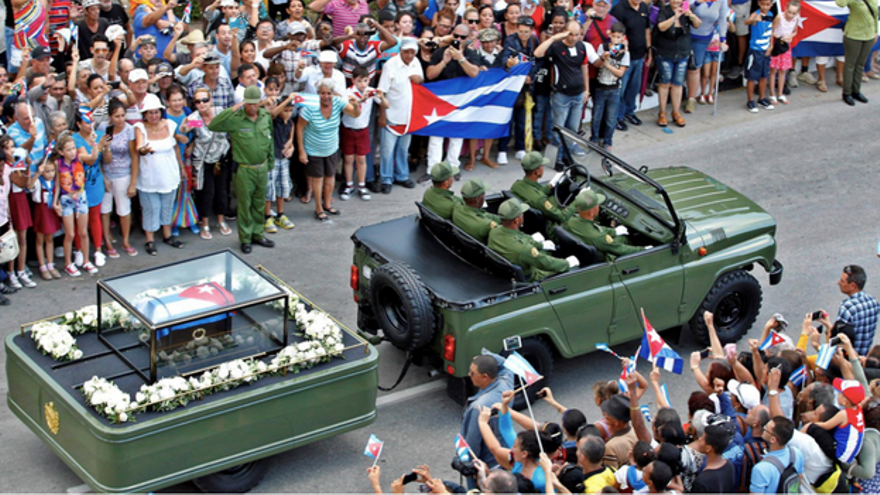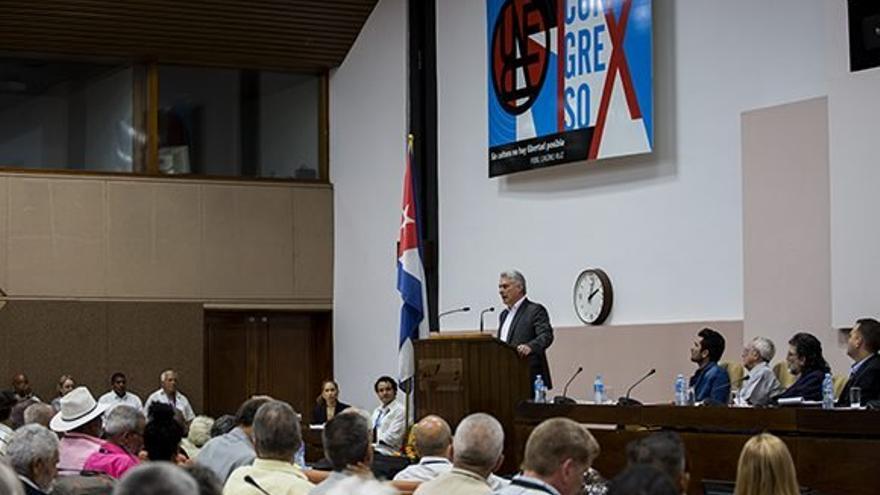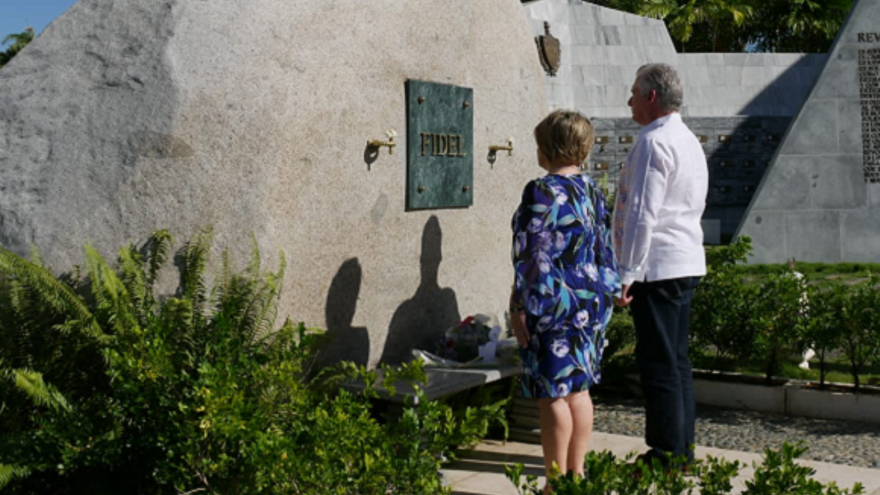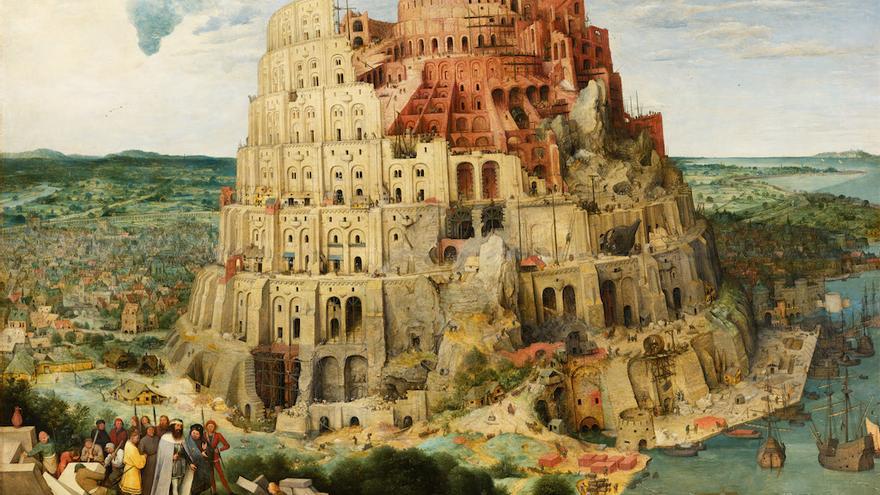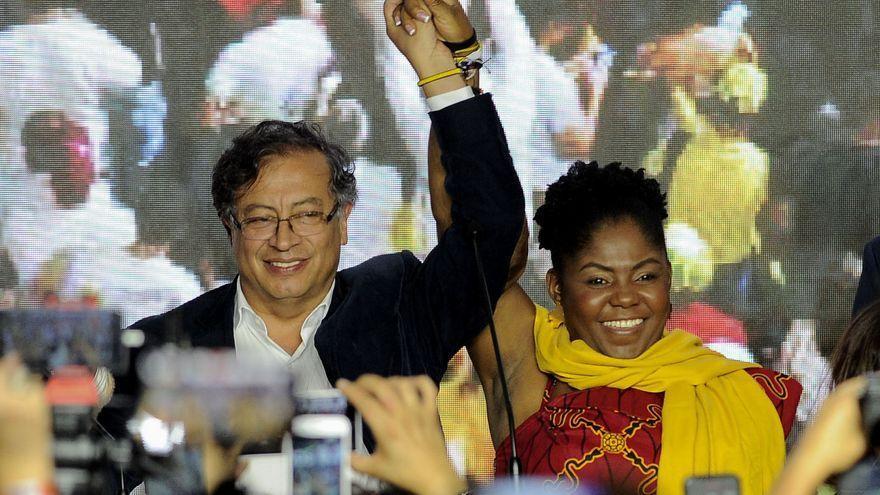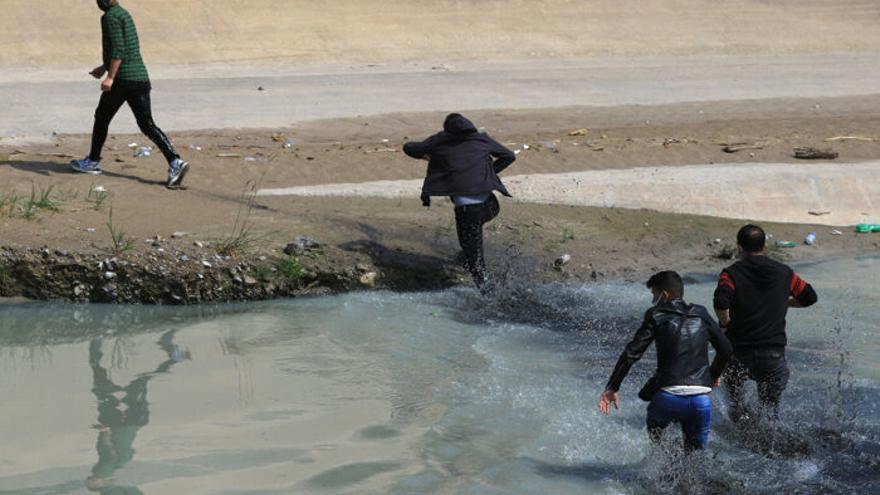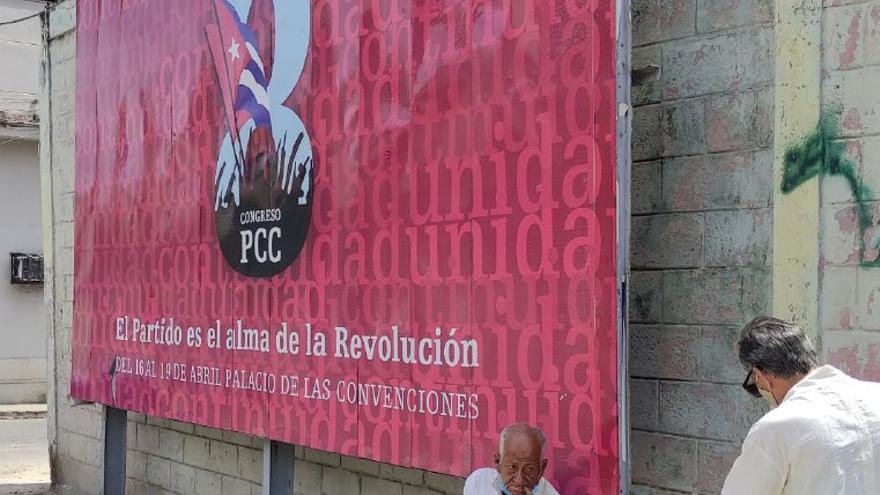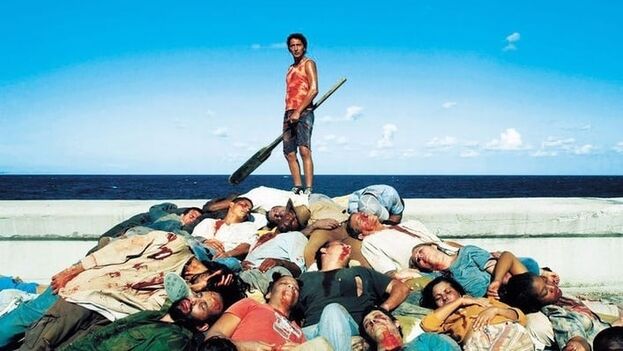
![]() 14ymedio, Yunior García Aguilera, Madrid, 7 December 2022 — The regime in Havana is aware that its end is near. In the last three years the system’s undeniable collapse has become evident. The “circumstancial” crisis announced by Díaz-Canel in 2019 has been growing and worsening irreversibly. Applying the ’Ordering Task’* amid the pandemic turned out to be a foolish and suicidal act, which increased inflation, stockouts, and popular discontent.
14ymedio, Yunior García Aguilera, Madrid, 7 December 2022 — The regime in Havana is aware that its end is near. In the last three years the system’s undeniable collapse has become evident. The “circumstancial” crisis announced by Díaz-Canel in 2019 has been growing and worsening irreversibly. Applying the ’Ordering Task’* amid the pandemic turned out to be a foolish and suicidal act, which increased inflation, stockouts, and popular discontent.
The Cuban economy is like a Carilda Oliver Labra verse: “I am getting messy, love, I am getting messy.” Not only is it more chaotic than ever, but it is underwater in a sea of debt and unproductiveness. As if that were not enough, the leadership today is experiencing its greatest leadership crisis, with cadres that lack charisma, are politically mediocre and incapable of inspiring respect or making effective decisions.
The official discourse can’t manage to generate a single new idea and is limited to recycling old babble. But now the ones who believe the story of the blockade [i.e. the American embargo] as a perennial excuse are ever fewer, very few have faith that the system will turn out to be prosperous and sustainable and no one believes the threat of a foreign invasion anymore. The reality is that Cuba is not a priority for the Government of the United States. “David” has lost his slingshot and desperately seeks to do business with “Goliath.” The ripe fruit is about to fall to the ground and no one seems interested in taking it. continue reading
To stretch out the agony, the continent’s oldest dictatorship manages to strengthen its international alliances. However, its displays of submissiveness to Putin are like a fatal boomerang. Russia is not in a position to help anyone. And any rapprochement with the Kremlin, at this time, is like marking one’s forehead with the number of the beast.
On the other hand, the citizenry has lost its fear at a rapid pace. Never before had the regime had to confront so many protests, in all corners of the country. Social media is a battlefield where the government has lost by a landslide, despite the internet cuts, the creation of an army of anonymous accounts and the millions invested to attempt to control cyberspace. Even at the polls, their false democracy show has lost its audience. If before they used to brag about a participation rate above 95% of the electorate, the latest electoral skirmishes have broken all records of abstentions and no votes.
The brutal repression against everyone who dissents has not managed to suffocate the flames of protest. State Security has fragmented potential threats into three blocks. They take some directly to jail, issuing long sentences while they try to demoralize them, accusing them of being common, violent or marginalized criminals. They force others into exile, pushing them to abandon the country permanently. And for the rest, they simply use their techniques to reduce them to “non-persons,” they fire them or expel them from the university, surround their homes, cutoff their telephones, and submit them to continuous stress with threats, surveillance, and acts of repudiation.
State Security’s greatest achievement has been, perhaps, keeping the opposition fractured. In this way, they prevent opponents from forming a solid block capable of coordinating effective actions and obtaining legitimacy and recognition by international organizations.
To divide us, they exploit distrust among one another, maximizing ego struggles and diverting discussions toward unfruitful and innocuous areas. On social media, the regime counts on hundreds of anticommunist accounts whose only objective is to attack and discredit all leadership or any attempt at unification. And these anonymous accounts, supposedly radical, manage to do more damage than the typical ciberclarias.**
However, beyond their success, it is also palpable that many opponents are reaching a level of political maturity that allows them to put differences aside and focus on common strategies. Younger organizations avoid caudillismo, learn to work in a coordinated manner alongside others, they establish linkages with the generations with more accumulated experience and they create strong connections with opponents of other dictatorships, like those of Venezuela and Nicaragua.
Cuban civil society is becoming aware of its potential. Little by little they claim spaces that the regime doesn’t know and cannot reconquer. Each chunk of power taken from them is ground gained for democracy which we must all build together.
The dictatorship knows its end is near.
Translated by: Silvia Suárez
____________
Translator’s notes:
*The ‘Ordering Task’ [tarea ordenamiento] is a collection of measures that include eliminating the Cuban Convertible Peso (CUC), leaving the Cuban peso (CUP) as the only national currency, raising prices, raising salaries (but not as much as prices), opening stores that take payment only in hard currency, which must be in the form of specially issued pre-paid debit cards, and a broad range of other measures targeted to different elements of the Cuban economy.
**’Ciberclarias’ refers to internet trolls at the service of the government.
____________
COLLABORATE WITH OUR WORK: The 14ymedio team is committed to practicing serious journalism that reflects Cuba’s reality in all its depth. Thank you for joining us on this long journey. We invite you to continue supporting us by becoming a member of 14ymedio now. Together we can continue transforming journalism in Cuba.

